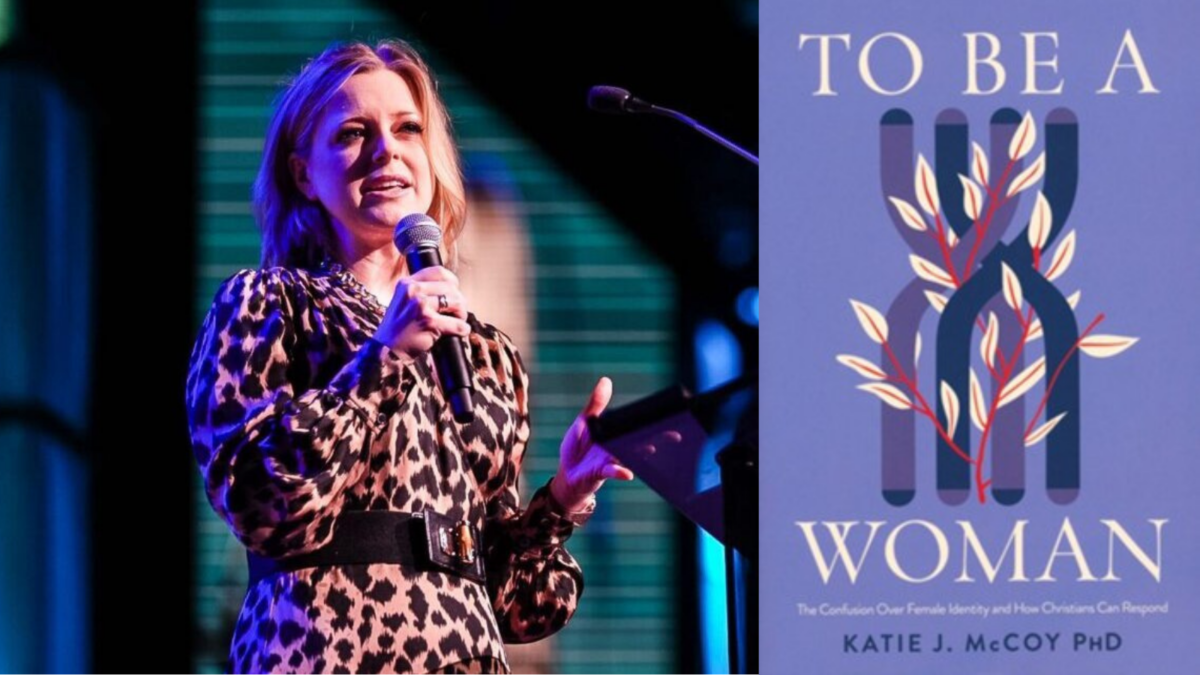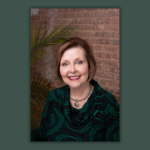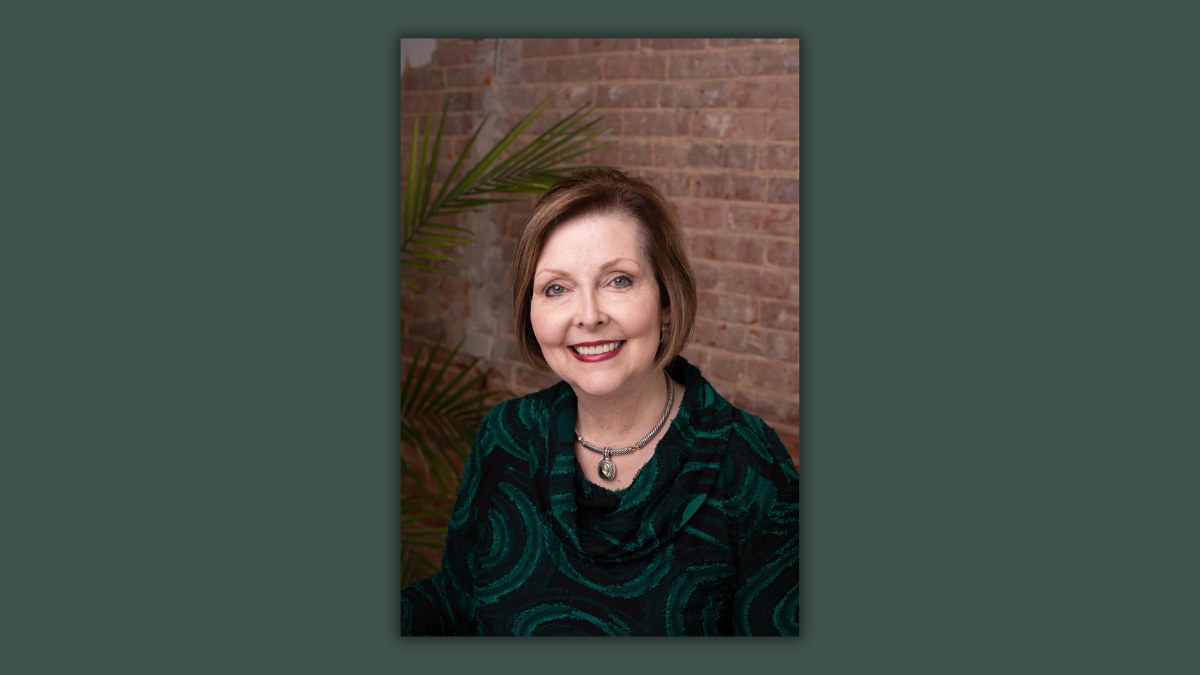On issues of gender and identity, the world has seemingly changed overnight. In light of a sweeping cultural tide, what can the church do? That’s one of the questions Katie McCoy addresses in her recent interview on the Digital Public Square podcast, hosted by Jason Thacker.
“Here’s the world that we’re living in; now, what do we do with it? How do we respond to it? How do we be faithful disciples in a world that is so philosophically, ideologically, culturally anti-Christian, anti- what the Bible says about who we are as image bearers of God?” she asked during the interview.
These questions are also at the heart of McCoy’s book, “To Be a Woman: The Confusion Over Female Identity and How Churches Can Respond.” McCoy is director of women’s ministry for the Baptist General Convention of Texas and a leading voice on some of the most challenging questions churches are facing related to gender and identity. Her recent interview on the Digital Public Square podcast also touched on topics including the cultural forces shaping the shifts we see now and the responsibility the church has to the next generation in terms of a robust theological response to these issues.
For people struggling to keep up with the changes around them, McCoy hopes the book is a bridge from initial shock to awareness, then to understanding — and finally, to a response — she told Thacker on the podcast. Thacker is an assistant professor of philosophy and ethics at Boyce College in Louisville, Kentucky, and a research fellow in Christian ethics and director of the research institute for The Ethics & Religious Liberty Commission.
Distinct but not divisible
“Gender identity” is a relatively new term in our common parlance, McCoy said, but a powerful one that is shaping the way people think about who they are. Generally, it refers to how you view yourself — man, woman or a combination of the two. Culturally, she said, gender identity is understood as completely distinct from a person’s biology.
But the Bible offers a different picture, McCoy noted.
“Everything we see in Scripture, especially in the creation account, tells us that our body indicates our gender,” she said. “It is something that is a distinct aspect of who we are, but it’s not a divisible aspect of who we are.”
Where current views around gender identity would say the body has no meaning or significance, God created our bodies not only to be good, but also to be a guide, McCoy said.
“They tell us who we are. They tell us not only in whose image we are made, which is what all of creation displays — the glory and reality of God — but they actually tell us who we are. Not only our identity, but then how we are, in response to that identity, to relate to other people.”
How we got here
McCoy’s book highlights some of the cultural forces that have shaped the current confusion around gender, including the sexual revolution of the 1960s and the earlier, foundational idea of romanticism. That movement, McCoy said, says the best thing you can do is to be an authentic version of yourself. To avoid society’s efforts to fit you into an inauthentic mold, romanticism says, separate yourself from external influences and let your feelings be your guide.
In the interview, McCoy also explained expressive individualism, which doubles down on some of those ideas. It claims anything that would get in the way of one’s emotional or psychological self is oppressive and those influences should be gotten rid of: religion, parents, even one’s own body, she said.
Many people are looking for that sense of true self in a declared gender identity, McCoy said.
“Most of them are looking for a sense of wholeness, integrity, peace, fulfillment and being their true, authentic self,” she noted.
For the believer, that’s good news because that’s exactly what a Christian worldview offers, she said. But it’s not through self-identity that we find fulfillment.
“If we were going to boil it all down, we could say this: We will not understand the meaning of our gender and find peace within ourselves until we understand that we are created in the image of a creator God, and we are at peace with Him through Christ,” she said.
Compassionate confrontation
Gen Z is the first generation to grow up in a post-Christian culture, McCoy noted. They are fraught with gender confusion, and mental health crises are epidemic. Those issues are all linked, she said, when young people are told their identity is only found in their feelings, which are ever-changing.
“The anxiety of having to pick and choose who you truly are is something that we were not created to have to bear,” she said. When Christians look at the current situation as a spiritual issue — a battle for the hearts, souls and minds of the next generation — we can see people with compassion and also confront the forces that are aiding and abetting that confusion, McCoy said.
“We owe both to the next generation; we cannot slack on either.”








